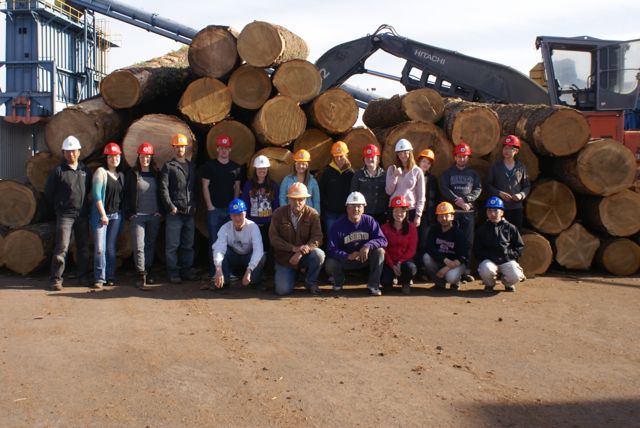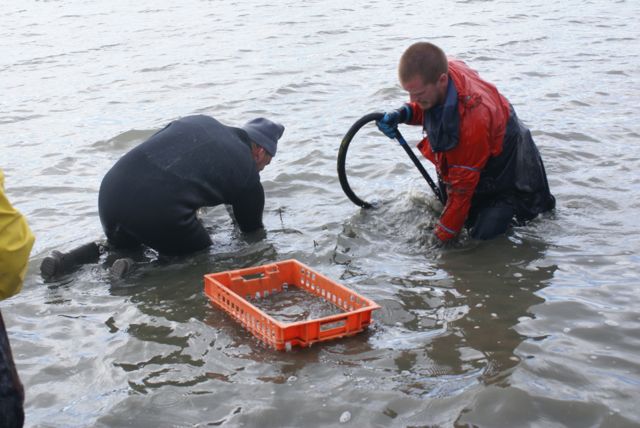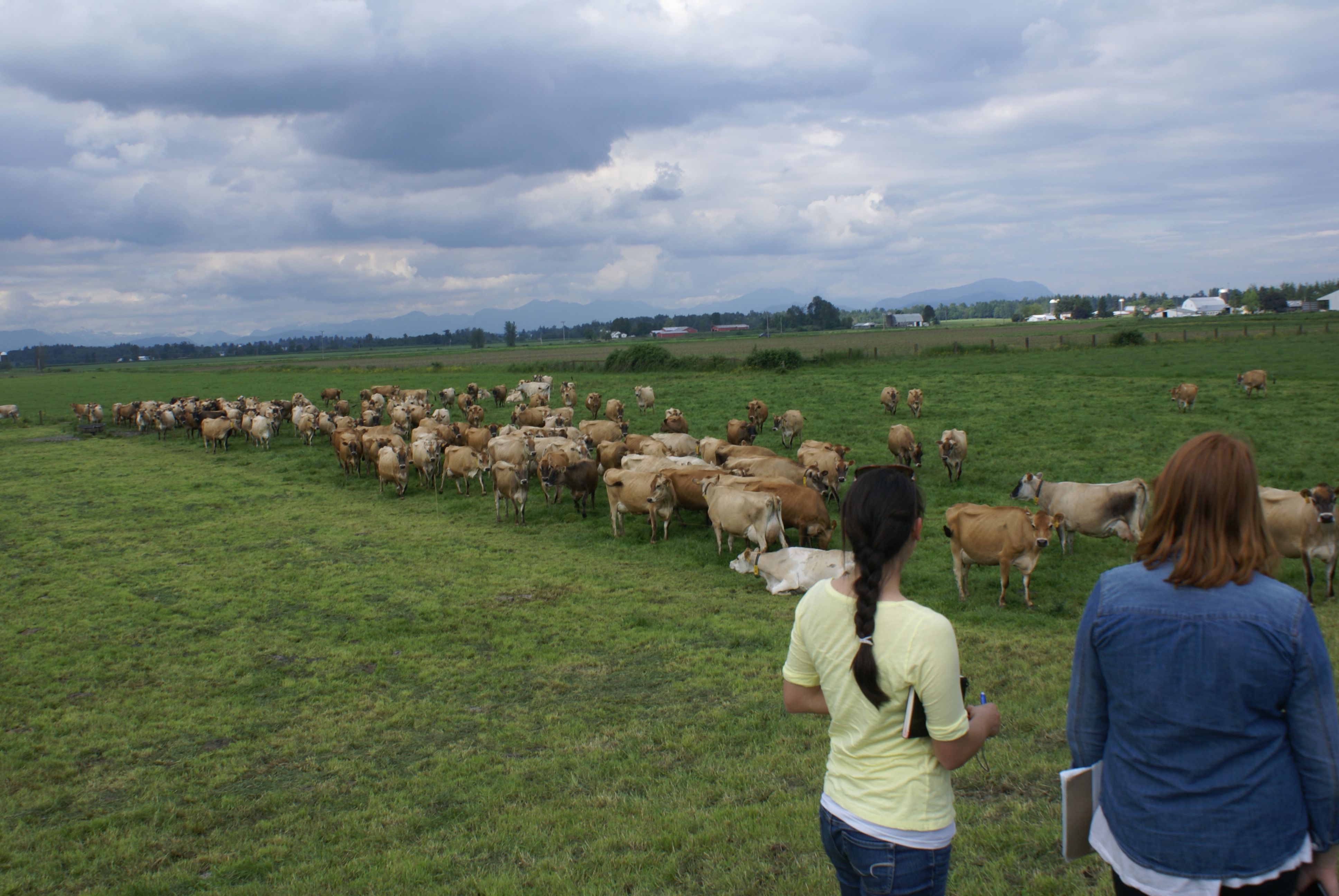Home Page
Requirements
Course Schedule
Discussion Board
Email the Class
READINGS
Introduction
Forest General
Forest Local
Forest Post-Trip
Aquaculture Ecology
Aquaculture Politics
Aquaculture Local
Dairy General
Dairy Local
Dairy Post-Trip
FIELD TRIPS
Forest Products
Aquaculture
Dairy
ESSAY
ASSIGNMENTS
Forest Products
Shellfish
Dairy
|
Readings for Week One: Introduction
Tuesday, March 28
Today has two parts. The first half-hour is about how the class works and what it is about. We will first introduce ourselves and go over the basic elements and requirements for the class. These include
- Assignments
- Grading
- Field trip procedures and ground rules
I will then give a lecture-like introduction to the subject matter we are going to cover, stressing the concepts of productivity, sustainability, and resilience, and the tradeoffs between these concepts that resource-producers and managers must deal with. This will set the basic framework for analysis of specific systems that we will be doing throughout the course. In preparation for this, you should complete two short readings on sustainability and resilience:
And then, by midnight on Monday, March 27, please post a list of at least three questions that you find interesting, that are posed by one or both of these readings. We'll use these as a basis for general class discussion.
I will also briefly introduce the three readings for Thursday, March 31, and take six volunteers to present discussion questions to the class on Thursday about the three introductory articles.
Thursday, March 30
We will have student presentations and student-led class discussions on the articles that six of you will bravely volunteer to report on for today. Everyone is required to post, by midnight on Wednesday, March 29, 200-400 words on the discussion board, answering the questions for one of the topics below. The articles are difficult, so we will spend 30 minutes on each, or maybe even a little more. Presenters should summarize what you think are the main points of the articles, and then present questions for general class discussion, drawing from their own insights and from classmates' questions. I will help you draw out further implications from the articles.
The first reading comes from Miguel Altieri's Agroecology. Although Altieri writes mainly about growing food on land, the principles of energetics, diversity, scale, commercialization, and other dimensions of human-managed ecosystems apply equally to systems where some of the resources extracted are not food (as in our first unit on forest resources), and to those where food is grown in the water rather than on the land (as in our second unit on shellfish). Your posts should address the following questions:
- What are the primary differences between a "natural" ecosystem and an agroecosystem?
- How do you think we should manage tradeoffs between short-term productivity and long-term sustainability in agroecosystems?
- Altieri is mainly talking about systems where people grow plants for food. What changes would have to be made in his analysis if we want to apply it to, for example, a forest, where people grow trees for lumber, or a beach, where people grow oysters, clams, mussels, and geoducks for food?
The second reading consists of two short articles by Simon Levin, Mulitple Scales and the Maintenance of Biodiversity and Ecosystems and the Biosphere as Complex Adaptive Systems. These are rather difficult articles, especially the first, so give yourself enough time to read them carefully. Levin's insights are particularly relevant to this class, because we will be looking directly at small-scale systems, while reading about large-scale (even planetary) systems, and we need to think carefully about how to go back and forth from one to the other, beyond simple platitudes like global and local. Posts should address the following questions:
- What kinds of scales do we need to consider when we analyze productivity, sustainability, and resilience in resource-production ecosystems? How are these related to each other?
- What are examples of tradeoffs at different temporal and spatial scales?
- How do we conceptualize the fit or lack of fit between the scales of the biophysical and the social components of a socio-ecosystem?
The final reading by Mary Ann Curran is an introduction to Life-Cycle Assessment. LCA a method that allows us to understand the full environmental and economic impact of anything, and to understand how important both temporal and spatial scales are to understanding these impacts. You need only read to page 17 if you are in a hurry, but the presenters for today should skim and extract the main points from the rest of the paper. However much you read, your posts should address the following questions:
- What is meant by setting the system boundaries of an LCA? Why is it important?
- How does LCA address the question of tradeoffs?
- LCA is a methodology worked out by environmental engineers. Does this limit its usefulness for ecologists or social scientists? Why or why not?
|





